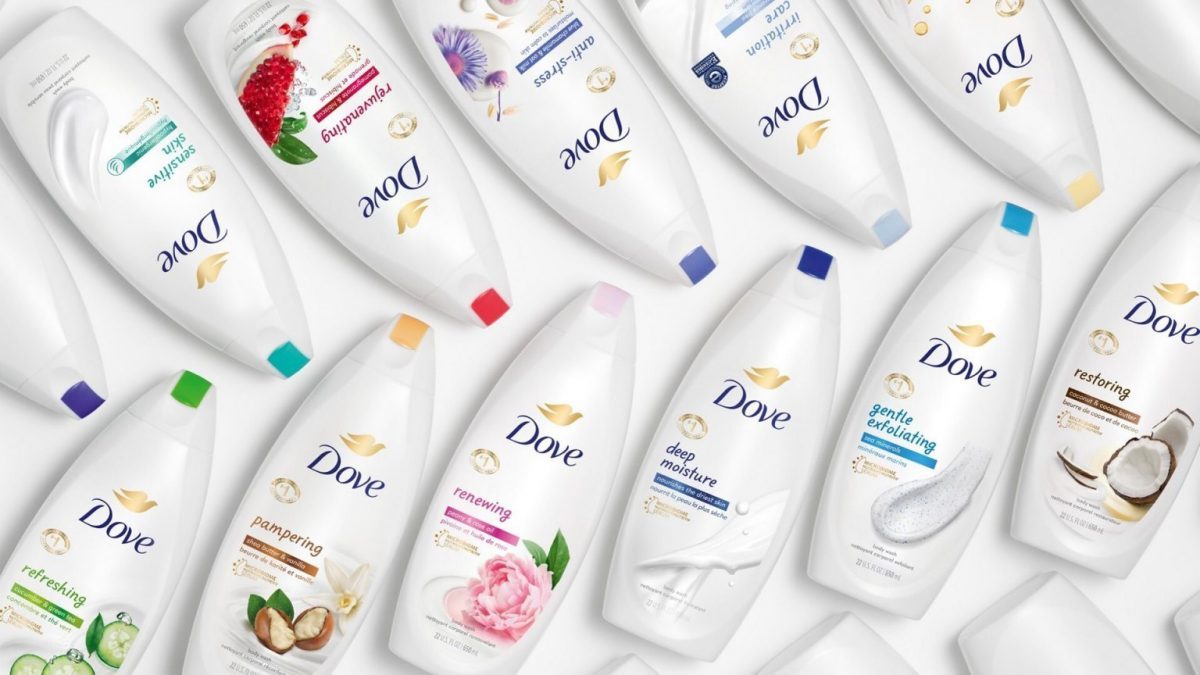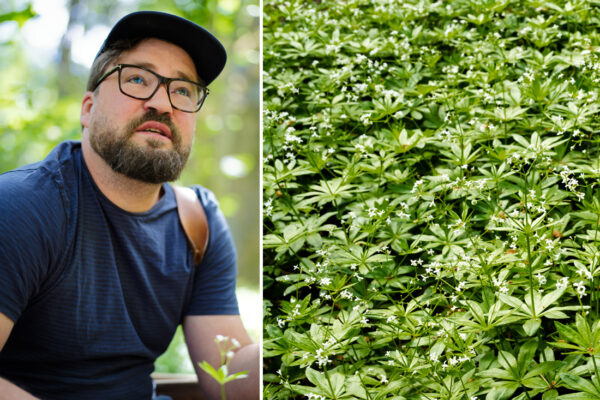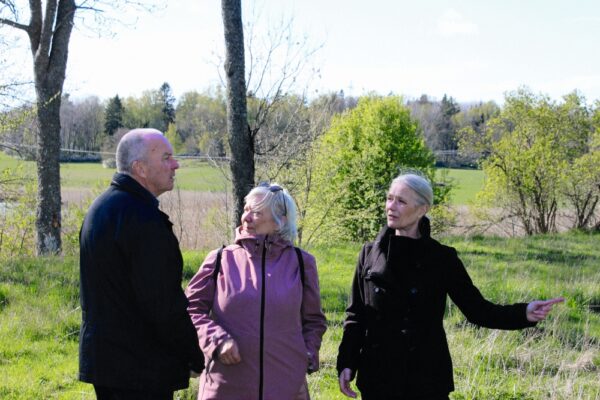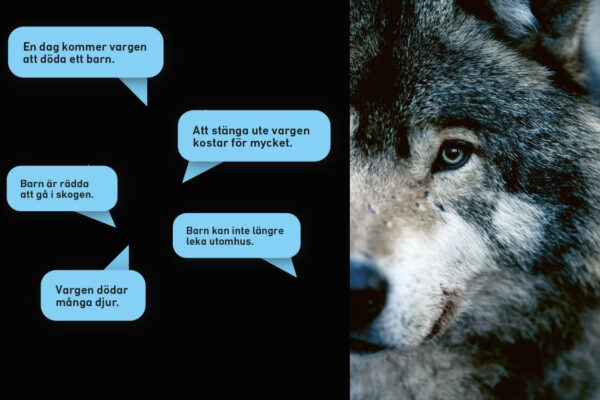
Unilever, whose products include Dove Body Wash, is one of several major consumer goods companies that buy from palm oil mills whose fruit comes from illegal plantations. Photo: Dove
Food Industry Giants Use Illegal Palm Oil
During Sveriges Natur’s investigation into how Swedish-Danish company AAK buys palm oil whose cultivation is destroying nature reserves in Indonesia, it came to light that other companies also buy this same illegal oil. In fact, international consumer goods giants such as Mondelēz International, Unilever and Colgate-Palmolive have dealings with the same suppliers.
This article has been updated with a response from Mondelēz International.
Armed with a list of 20 mills extracting oil from palm fruit grown inside the legally-protected Tesso Nilo National Park on Sumatra, Indonesia, Sveriges Natur travelled to the site of the park’s endangered rain forest to investigate. We have since published our findings on Indonesia’s illegal palm oil trade in a report printed in the latest edition of Sveriges Natur (No. 3, 2023). In it, we reveal how AAK, a major Swedish-Danish producer of plant-based oils and fats for use in consumer goods, buys palm oil originating from illegal plantations located in areas of protected rain forest.
When Sveriges Natur compared its list of 20 mills with the list of mills that AAK is auditing concerning unlawful activity, the two lists only had one mill in common. Two of these 20 mills have been audited by AAK and subsequently absolved of wrongdoing, according to the company itself.
A number of people working in the palm oil industry in and around Tesso Nilo testify to the fact that all 20 of these mills source palm fruit from plantations established on land from which rain forest has been illegally cleared. According to the organisation Global Forest Watch, over the last 20 years, 85 per cent of the rain forest inside the national park has been destroyed.
The palm oil industry is a major contributor to the deforestation occurring inside the park. After a total ban on palm plantations was introduced in the area in 2016, this destruction decreased dramatically to an average of 518 hectares (2 sq mi) annually during the period 2017–2020. Since then, rainforest clearance has increased again, with 2,700 hectares (10.4 sq mi) of rainforest inside the national park felled last year as a result of the increased global demand for palm oil.
Illegal suppliers popular among big-name brands
Sveriges Natur also compared its list of 20 discredited mills with the official lists that international consumer goods giants publish detailing which palm oil mills they use. It was revealed that Mondelēz International buys palm oil from precisely these 20 mills. Mondelēz’ brands include Cadbury, Philadelphia, Ritz and Oreo, and a number of its products are sold by UK retailers.
Unilever also buys palm oil from 19 of the 20 mills listed, and Colgate-Palmolive from 13 of these same mills. Unilever owns Ben & Jerry’s, Magnum, Dove, Vaseline, Rexona, Domestos and other household brands. Colgate-Palmolive owns the Colgate brand, among others.
Palm oil is used as an ingredient in most all of these companies’ products, whether they be chocolate, cookies, ice cream, laundry detergent or toothpaste. When Sveriges Natur tried to make contact with representatives for Mondelēz and Colgate-Palmolive for comment, we received no reply.
Deforestation-free palm oil by 2023
Unilever’s Nordic Communication Manager, Sandhya Forselius, related in an e-mail that Unilever expects its suppliers not only to follow the law, but also Unilever’s Responsible Partner Policy, which imposes requirements and expectations on everyone who does business with the company. For example, these guidelines stipulate that suppliers must not sell to Unilever materials that are in any way connected with deforestation or the destruction of natural ecosystems.
“Should any deficiencies in compliance be identified, our business partners must develop and submit a plan of action for rectifying the problem within a reasonable time frame. If we cannot be certain that a supplier is complying with our policy, we will take action in line with our mechanism, which, in certain cases, might result in [the supplier] being barred from our supply chain,” Forselius wrote.
She adds that Unilever is aware of the risks associated with buying palm oil from the area around Tesso Nilo, and that the company has a long history of working to help its suppliers be better at tracing oil back to the plantation where it originated.
Unilever aims to achieve a 100-per-cent deforestation-free supply chain for palm oil by the close of 2023, at the latest, which might well be a challenge considering the reality that Sveriges Natur’s investigation has uncovered.
Sveriges Natur also spoke with some of the Swedish asset management firms that invest in AAK. These firms have adopted a cautious view of the situation for some time now and, in recent years, have noted that AAK is facing a host of challenges when it comes to its palm oil production, in particular.
Two weeks after publication Mondelēz International e-mailed a response where they write that ”Our Palm Oil Action Plan (POAP) aims to minimize the risk of deforestation, conversion, and exploitation to help transition the sector to a more sustainable supply of palm oil. Only suppliers that demonstrate full alignment with our requirements and expectations as outlined in the POAP are approved to supply to us.”
Mondelēz claim that they ”operate a robust third party-supported grievance process to ensure issues are investigated and non-compliant suppliers are held to account.”
The company says it´s ”concerned about the issues raised in this report and can confirm an investigation into the claims is underway including direct engagement with AAK and third-party support from Satelligence and Proforest.”
Translated to English by: Tanya Henriksson




